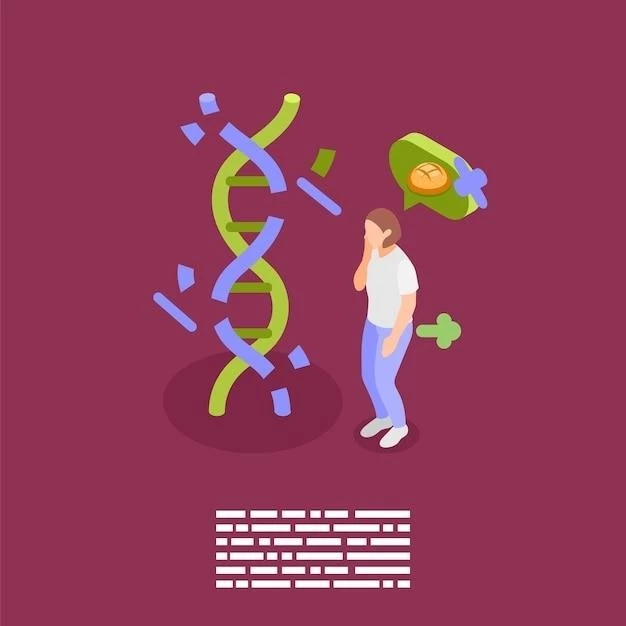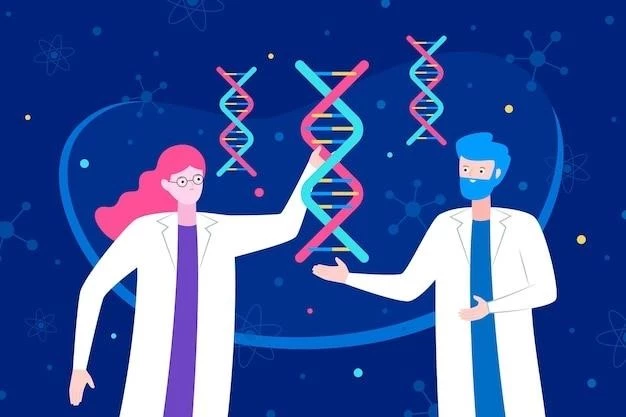Chromosomal triplication is a complex genetic condition characterized by the presence of three copies of a chromosomal segment. This aberration can lead to significant impacts on gene expression and protein production.
Definition of Chromosomal Triplication
Chromosomal triplication refers to a genetic anomaly where a specific chromosomal segment is present in three copies instead of the normal two. This results in an increased dosage of genetic material, potentially leading to altered gene expression and protein function. The condition can contribute to various developmental abnormalities and medical complications.
Mechanism of Chromosomal Triplication
The mechanism of chromosomal triplication typically involves errors during cell division processes, such as unequal crossover events or replication slippage. These events can result in the duplication of a chromosomal segment, leading to the presence of three copies instead of the usual two. This genetic abnormality can have significant implications on the individual’s phenotype and overall health.
Genetic Implications of Chromosomal Triplication
Chromosomal triplication can cause disruptions in gene function and protein expression, impacting overall health.
Inheritance Patterns of Chromosomal Triplication
Chromosomal triplication is typically not inherited but rather occurs sporadically as a rare genetic event. In some cases, it can arise from inherited structural rearrangements or translocations in a parent’s chromosomes. The risk of passing on chromosomal triplication to offspring is generally low due to its sporadic nature.
Impact on Genes and Proteins
Chromosomal triplication can lead to an overexpression of genes within the affected chromosomal segment, disrupting the normal balance of protein production. This imbalance can result in altered cellular functions, potentially causing developmental abnormalities, intellectual disabilities, and various health issues.
Symptoms and Diagnosis of Chromosomal Triplication
Identification of chromosomal triplication may involve genetic testing and evaluation of associated symptoms.
Common Symptoms Associated with Chromosomal Triplication
Common symptoms of chromosomal triplication can include developmental delays, intellectual disabilities, physical abnormalities, and behavioral challenges. Individuals may also exhibit features specific to the duplicated chromosomal segment, leading to a wide range of clinical manifestations.
Diagnostic Tests for Chromosomal Triplication
Diagnostic tests for chromosomal triplication often involve chromosomal microarray analysis, fluorescence in situ hybridization (FISH), and other genetic testing methods to detect the presence of extra chromosomal material. Clinical evaluation and genetic counseling are also integral parts of the diagnostic process.

Treatment Options for Chromosomal Triplication
Treatment focuses on symptom management and supportive care tailored to individual needs.
Current Medical Interventions
Current medical interventions for chromosomal triplication focus on addressing specific symptoms, such as developmental delays, behavioral issues, and medical complications. Multidisciplinary approaches involving various healthcare professionals aim to provide comprehensive care and support to individuals affected by this genetic condition.
Therapeutic Approaches and Management Strategies
Therapeutic approaches for chromosomal triplication encompass a range of interventions, including early intervention programs, specialized educational support, behavioral therapies, and medical treatments to address associated health issues. Individualized management strategies aim to optimize quality of life and functional outcomes for affected individuals.
Research Advances in Chromosomal Triplication
Ongoing research explores the molecular mechanisms, potential therapies, and personalized approaches.
Recent Discoveries and Studies
Recent research has focused on genomic technologies to better understand the impact of chromosomal triplication on gene expression patterns and cellular functions. Studies have also explored potential targeted therapies and intervention strategies aimed at improving outcomes for individuals affected by this genetic condition.
Potential Future Developments
Future advancements in research may lead to targeted therapies, precision medicine approaches, and enhanced support strategies for individuals with chromosomal triplication. Emerging technologies and collaborative efforts hold promise for improving outcomes and quality of life for affected individuals in the future.
Chromosomal Triplication in Pediatric Patients
Understanding the impact on child development and specialized care for pediatric patients.
Impact on Child Development
Chromosomal triplication can significantly impact child development, leading to intellectual disabilities, delays in milestones, and behavioral challenges. Early intervention and individualized support are crucial for optimizing developmental outcomes and enhancing the quality of life for pediatric patients affected by this genetic condition.
Special Considerations in Pediatric Care
Pediatric care for chromosomal triplication requires a multidisciplinary approach involving genetic counseling, developmental assessments, and tailored interventions. Close monitoring of growth, cognitive development, and social skills is essential. Collaborative care with pediatric specialists and early intervention programs can help address the unique needs of children with this genetic condition.
Managing Chromosomal Triplication in Adults
Exploring challenges faced by adult patients and strategies for long-term care and support.
Challenges Faced by Adult Patients
Adult patients with chromosomal triplication may encounter challenges related to cognitive abilities, independence, and social interactions. These individuals may require ongoing support to navigate daily activities, employment opportunities, and relationships. Access to specialized care and resources plays a vital role in addressing the unique needs of adults living with this genetic condition.
Long-term Care and Supportive Therapies
Long-term care for individuals with chromosomal triplication involves comprehensive support services, including occupational therapy, speech therapy, and mental health counseling. Collaborative care teams work to enhance quality of life, promote independence, and address evolving needs over time. Ongoing monitoring and tailored interventions help individuals navigate challenges and maximize their well-being.
Support Resources for Individuals with Chromosomal Triplication
Accessing medical specialists, support groups, and community organizations for tailored assistance.
Medical Specialists and Healthcare Providers
Individuals with chromosomal triplication may benefit from consultations with geneticists, pediatricians, neurologists, developmental specialists, and allied healthcare professionals. These experts can offer specialized care, genetic counseling, and tailored interventions to address the complex needs associated with this genetic condition.
Community Organizations and Support Groups
Community organizations and support groups play a vital role in providing emotional support, educational resources, and advocacy for individuals and families affected by chromosomal triplication. These groups offer a platform for sharing experiences, accessing information, and connecting with others facing similar challenges. By fostering a sense of community, they contribute to holistic care and well-being for individuals with this genetic condition.
